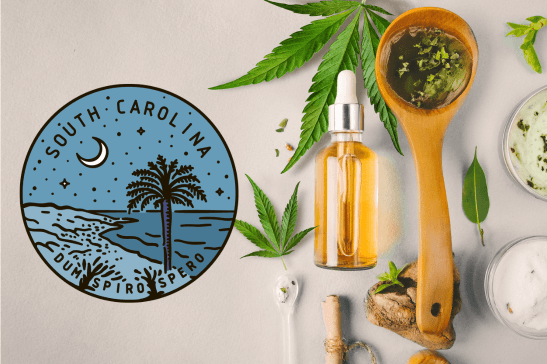Flying with Delta 8: Essential 2024 Rules & Protocols
Curious about taking Delta-8 on your next flight? You’re not alone. Since these products are now federally legal thanks to the 2018 Farm Bill,1 you might wonder if taking Delta 8 on a plane is possible. After all, navigating the intricate rules and regulations surrounding cannabis products during air travel can feel like stepping into…








